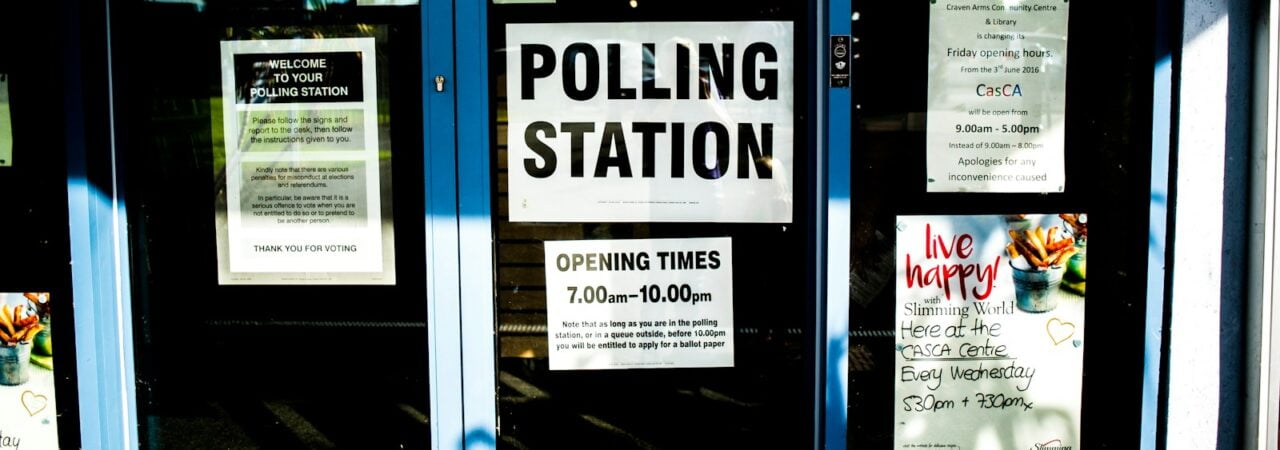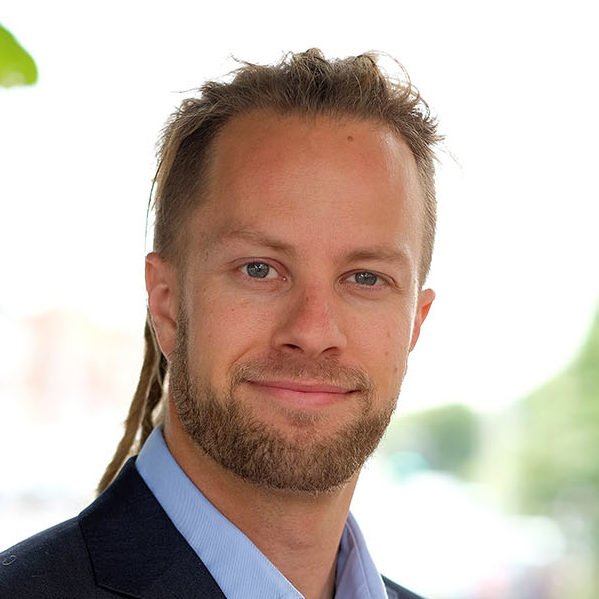With the general election fast approaching, I’ve been thinking about how the political process works. Politicians from each party share their ideas and plans with us, and then we go to the polling station, mark our choice on a piece of paper, and… that’s it.
In contrast, here at LifeLine, we continuously adjust and improve our programmes as we gather feedback from the communities we serve. We ask people how they think we’re doing and what they would change. We’re also always trying to reach the parts of the community that need our support the most.
Of course, a general election is much bigger and far more complicated than collecting feedback for a programme. Many people vote because they feel it’s their duty—akin to serving on a jury or perhaps helping out in their community. There are some that will always vote for the same party because it’s ingrained in them by family or community. And then we have those that decide who to vote for by weighing the pros and cons of each party before making their choice.
And yet, in the UK, about a third of eligible voters don’t vote at all. They are often called “politically disengaged”. In the charity sector, they are sometimes referred to as the “hard to reach”.
It was this group that we focused on back in 2010 after the BNP had won 12 seats on Barking and Dagenham council in the 2006 election. We ran a campaign called “SW!TCH wants your vote” where young people went door-to-door to encourage local residents to vote where the young people themselves couldn’t. When the election came round, the BNP ended up losing all of their seats.
Chief among these politically disengaged are young people, minority ethnic groups, the long-term unemployed, and the disabled. This means political parties instead tend to focus their decisions on the people who do vote.
As a result, those with the greatest needs end up without a voice and miss out on the support they should be getting.
Recently, a friend told me he felt really low because he thought his life was out of control. He was so desperate he even thought about self-harming or breaking the law. I tried to reassure him that his family and friends valued him and asked him what makes him happy.
I wish politics were more about making us feel valued and asking us what makes us happy. With this in mind, I thought, why not do our own mini-poll and ask the communities we serve some tough questions?
Wellbeing
"I worry about my family."
"I have self-harmed before."
"Taking part in activities makes me happy."
Crime and safety
"I have been personally affected by knife crime."
"I would break the law to make quick money."
Both parents and young people share concerns about their loved ones, but parents are likely to worry more about bigger family issues than young people. Parents might not only have to care for older relatives but also worry about their children’s wellbeing, safety, grooming, gang involvement, and future job prospects. Meanwhile, young people are anxious about the cost-of-living crisis and its impact on their family’s wellbeing.
Bringing up self-harming was uncomfortable but revealed that a significant number of young people admit to have self-harmed at some point, which is extremely concerning. Though fewer parents and carers reported such behaviour, it remains a serious issue. According to the NHS, people self-harm for various reasons, often to cope with emotional distress.
Self-harm: A guide for parents and carers
Knife-related crimes, unsurprisingly, directly affect young people far more than parents and carers, likely due to their larger social circles and more frequent social interactions. While the numbers aren’t excessively high, it’s still a worrying trend. The Ben Kinsella Trust reports that teenagers remain more affected by knife crime and face a higher risk of murder by knife attacks than any other age group.
When we posed the question about breaking the law, we wanted to gauge the attitude towards crime as a means of finding ‘success’. A large number of young people clearly believe this is true, whereas very few parents and carers share this view. This is possibly due to experience or possibly a reluctance to admit it.
According to ndirect, there is generally no simple reason why young people become involved in offending but certain circumstances, such as issues with school and familial relationships can push them towards illegal means.
City Hall analysis, published by the Mayor of London in 2021, reveals that complex factors in people’s lives, homes, and communities can alter the likelihood of someone taking the wrong path and getting caught up in violence. This includes deep-rooted and ingrained social and economic issues such as poverty, inequality, high unemployment, school exclusions, poor mental health, and a lack of youth services.
It’s really encouraging that both groups find happiness in the activities LifeLine provides. Recent research emphasises the importance of social connections and outdoor activities for a young person’s wellbeing. For parents and carers, activities serve as a useful tool and opportunity to make friends, discuss issues informally and to gain some personal time.
I hope the insights from these questions inspire us to continue to develop programmes that directly address our community’s concerns, especially in response to wellbeing and knife related crime. Our range of SW!TCH programmes aims to provide comprehensive support for young people as they try to find their own path in life. And programmes from our Families team, like the recently-renewed Champions Support Network, ensure that parents and carers don’t remain isolated from their communities and get the knowledge and guidance they need to support their family.
So then, best wishes in the upcoming election, whoever you chose to vote for.



